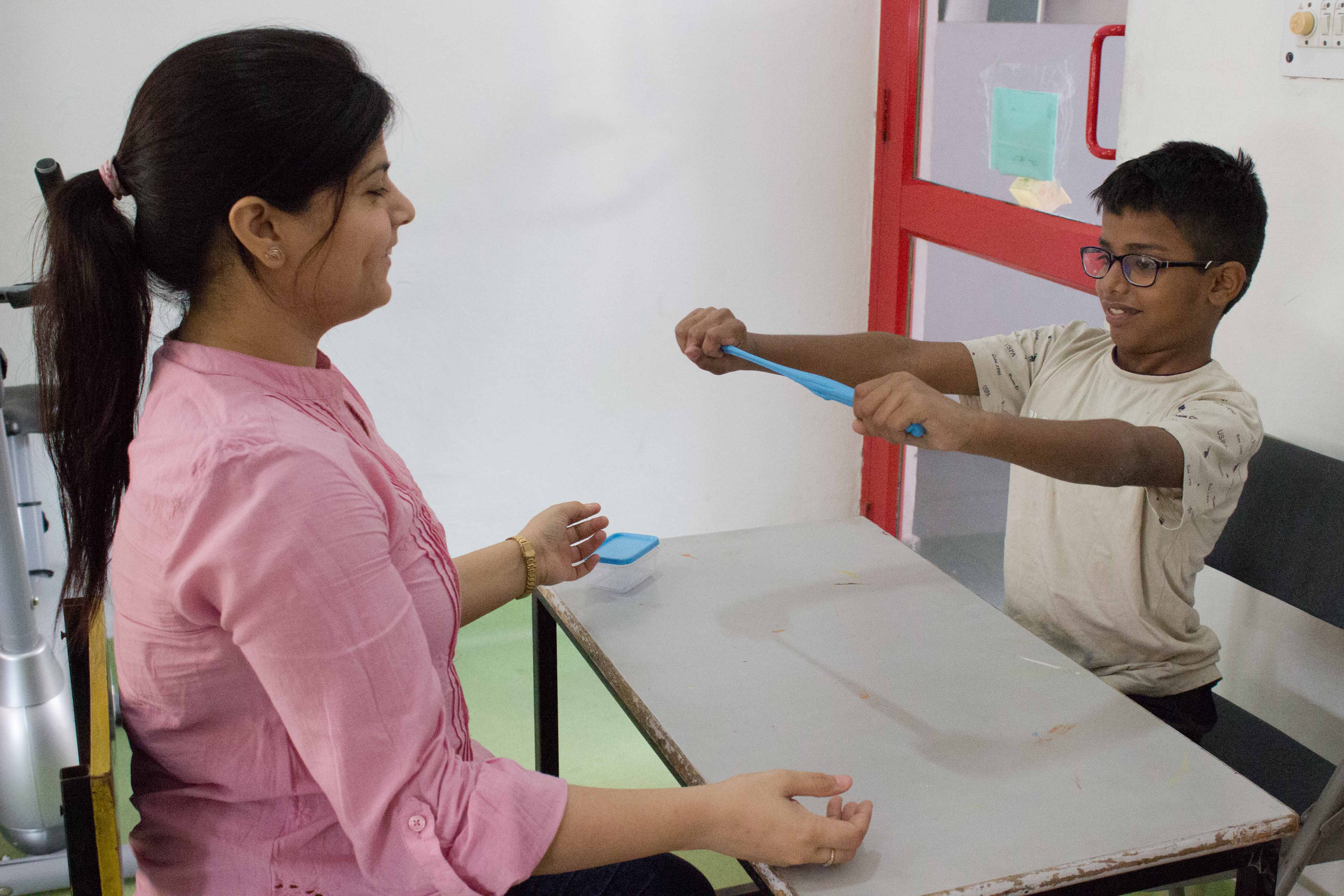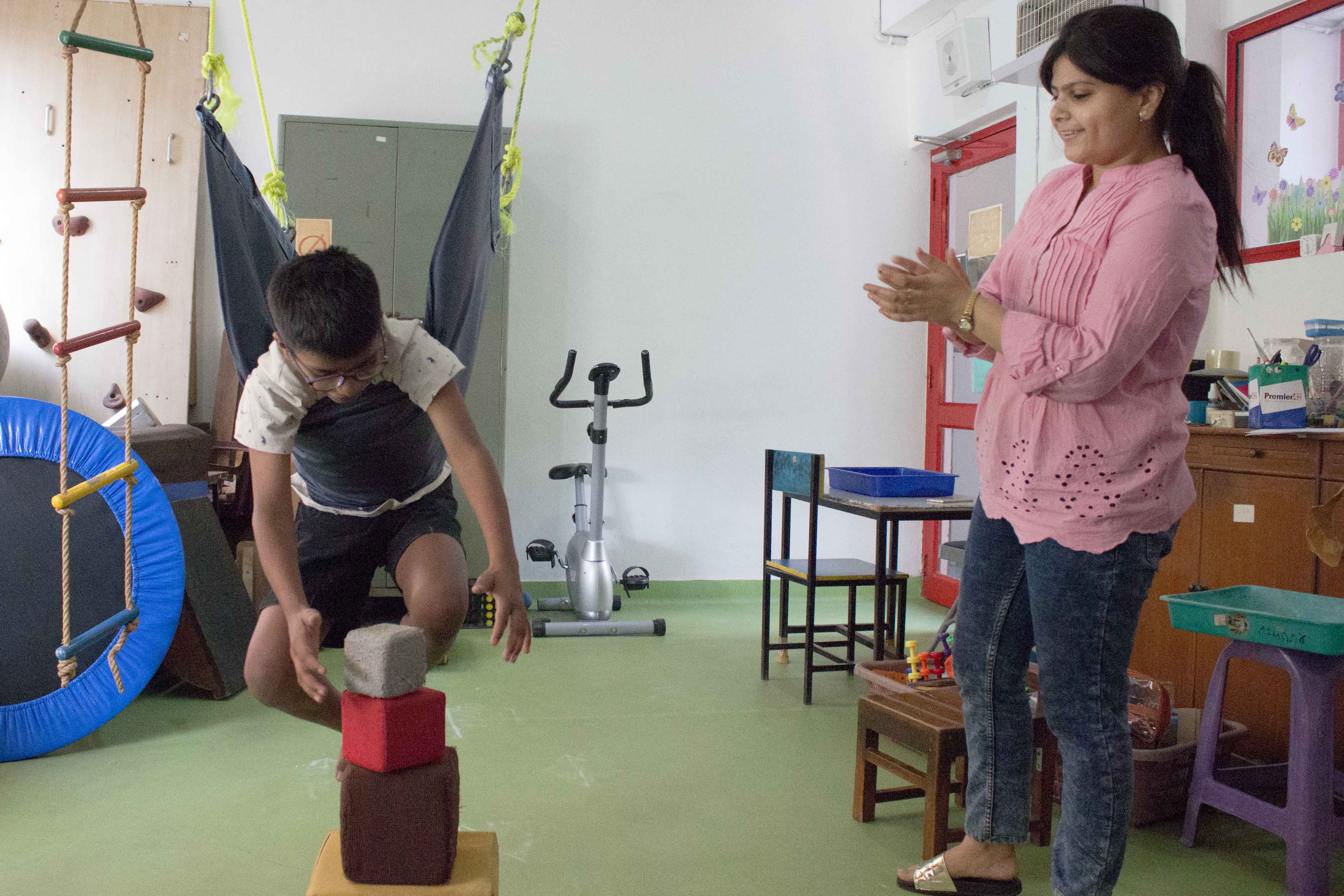OCCUPATIONAL & SENSORY INTERVENTIONS


Many people with autism have difficulty processing and integrating everyday sensory information such as sounds, sights, smells etc. i.e., they have different ways of 'sensing' their world. Some may not like being touched gently but prefer a firm hold. Others may have difficulty in brushing their teeth or having a haircut. Some will have extreme likes and dislikes in their diet. Many will have difficulty in tolerating some everyday sounds. These are just a few examples.
These ‘differences’ in sensing the world often have a profound effect on the person’s life. They can lead to difficulties completing simple self-care routines, difficulties in participating in play with peers, or avoidance of social situations that may seem too overwhelming. These often result in isolation and unusual responses and behaviours, amongst many other manifestations.
In addition a lot of people with autism may have difficulties in motor skills and coordination, which also may come in the way of learning. Appropriate strategies to deal with these sensory and motor difficulties can go a long way in improving learning and general functioning in the lives of individuals with autism.
Individualised OT and Sensory Intervention
This programme is available for those children who have sensory issues that interfere with learning and daily living skills, and/ or need strategies that will improve their motor skills to enable more effective functioning.
Areas of intervention include providing an individualised sensory ‘diet’ (activities to help with sensory issues); activities to develop life skills, motor skills, coordination and hand functions; and training and providing home based programmes for the family to carry out some necessary activities in the home environment. The sessions comprise a combination of activities to help in integrating the senses, developing motor coordination, and some ‘table top’ work.
Handwriting Programme
Difficulties in sensory processing, sensory awareness, motor coordination and/or perceptual skills, and lowered motivation are some common reasons that usually lead to difficulties in writing among children with autism. The premise for the handwriting programme is combining sensory activities with direct instructions to help the student learn to write.
Groups of 4 - 5 children along with their parents participate in activities related to developing prewriting & writing skills under the guidance of a special educator and an occupational therapist.



